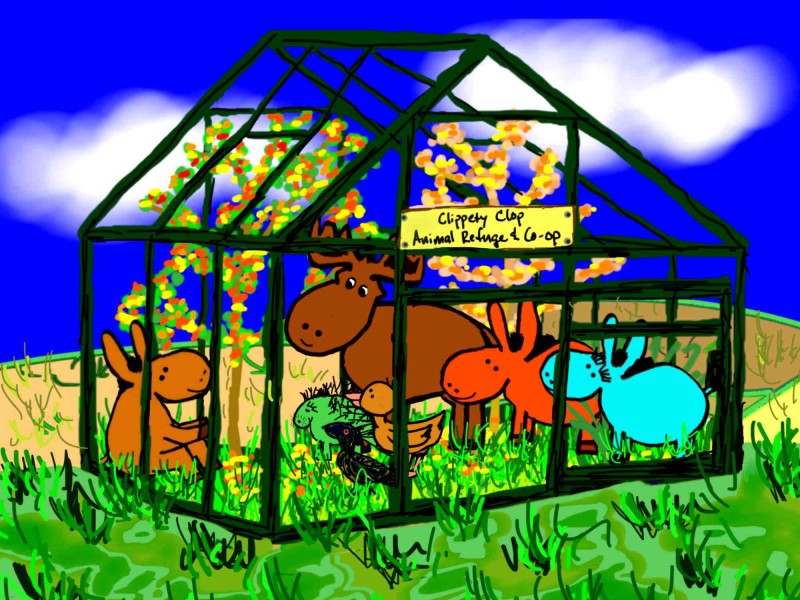Today’s question, said Pablo, is: “When is it too late?”
Too late for what? said Morton.
I didn’t do it, said Emma Lou.
Too late for planting? said Frank.
“Lateness,” said Glouster, is “arriving or remaining after the due, usual, or proper time.”
The proper time? said Chelsea. Who decides what is the proper time?
Your boss does, said Frank.
Or your teacher, said Glouster.
Or whoever makes the rules, said Morton.
Whoever has the power, said Emma Lou.
Michel Foucault, said Glouster, said: “The strategic adversary is fascism… the fascism in us all, in our heads and in our everyday behavior, the fascism that causes us to love power, to desire the very thing that dominates us.
Am I a fascist? said Chelsea.
I don’t think you’re a fascist, said Morton.
What’s a fascist? said Frank.
“Fascism,” said Glouster, is “a political philosophy, movement, or regime that exalts nation and often race above the individual and stands for a central autocratic government headed by a dictatorial leader, severe economic and social regimentation, and forcible suppression of opposition.”
That doesn’t sound like me, said Chelsea.
It can also mean, said Glouster, “a tendency toward or actual exercise of strong autocratic or dictatorial control.”
Dictatorial control? said Morton.
A dictator, said Glouster, is “someone granted absolute power, often ruling oppressively.”
Do I have absolute power? said Chelsea.
Foucault goes on to say, said Glouster, “It is my hypothesis that the individual is not a pre-given entity which is seized upon by the exercise of power. The individual, with his identity and characteristics, is the product of a relation of power exercised over bodies, multiplicities, movements, desires, forces.”
Seized on by the exercise of power? said Frank.
Does that mean, said Chelsea, that I’m a victim.
Both a victim, said Emma Lou, and a dictator.
Foucault adds, said Glouster, that “there is no power relation without the correlative constitution of a field of knowledge, nor any knowledge that does not presuppose and constitute at the same time power relations.”
Isn’t that a vicious circle? said Chelsea.
Yes, said Glouster.
How did we get caught, said Frank, in this vicious circle?
We were talking, said Emma Lou, about who decides what is too late and what is not too late.
Sometimes, said Frank, nature decides what is too late.
Yes, said Morton, like when it’s too late to plant pumpkins in order to have a good harvest in the fall.
Does that mean, said Chelsea, that nature is a fascist?
A fascist, said Emma Lou, that desires to be exploited by itself.
But I am a part of nature, said Morton. Does that mean I’m constantly exploiting myself?
Yes, said Emma Lou.
So if I grow a pumpkin, said Morton, then make a pumpkin pie, then eat it, I’m exploiting myself?
Yes, said Emma Lou.
In that case, said Morton, I should try to exploit myself more often.
When is it too late, said Chelsea, to plant pumpkins for a good harvest?
I don’t know, said Morton, I’ve never planted a pumpkin.
You haven’t? said Chelsea.
No, said Morton, I’ve always exploited the pumpkin someone else planted.
That’s shameful, said Chelsea.
Is it? said Morton.
What if, said Emma Lou, the person who planted the pumpkin derived pleasure from Morton’s exploitation of the pumpkin?
You mean, said Frank, the pleasure one gets from sharing with someone else?
Exactly, said Emma Lou.
That’s a good question, said Chelsea.
What would Foucault say? said Frank.
I’m not sure, said Glouster, I suppose he would say that the act of sharing is an act of exploitation, a disguised power-play designed to manipulate the recipient into a position of gratitude and subservience.
I think, said Chelsea, the world would be a better place if more of us went around exploiting each other by sharing.
